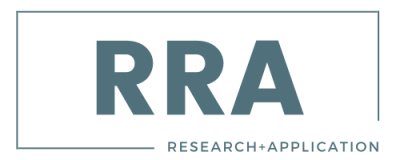Position: One-year Postdoctoral Fellow (with possible 12-month extension)Start Date: July 1, 2025Salary: $60,000 – $70,000 based on experienceLocation: On-campus at Bryn Mawr College or remote (PA, NJ, DE, NY, MA) Bryn Mawr…
Author: rra_admin
Postdoctoral Research Associate (Program for the Future Church)
Waco, TX, United States Job Description What We’re Looking For Baylor University is seeking a full-time Postdoctoral Research Associate to support the mission and vison of the University within the Program for…
Call for Editor Applications: Review of Religious Research
Individual applications are invited for the position of Editor of the peer-reviewed Review of Religious Research (RRR), a journal of the Religious Research Association (RRA), published by Sage. The official term for…
Assistant Professor Position in Sociology at the University of South Florida
The Department of Sociology and Interdisciplinary Social Sciences at the University of South Florida seeks candidates who specialize in global and/or comparative sociology to fill a nine-month, full-time, tenure-earning position as Assistant…
Review of Religious Research Special Issue Call for Papers: Contemporary Jewish Life
Guest Editor: Ilana Horwitz, Tulane University ihorwitz@tulane.edu The Review of Religious Research invites submissions for a special issue focused on Contemporary Jewish Life. This issue aims to gather empirical social science research…
William H. Swatos, Jr. (1946-2020)
William H. Swatos, Jr. 74, of Galva, IL, died in GMC Medical Center, Sterling, IL on November 9, 2020 due to complications of COVID-19. A native of West Milford, NJ, he graduated…
Funding opportunity: call for proposals on gratitude to God
Biola University, with the help of a grant from the John Templeton Foundation and under the direction of Peter Hill and Robert Emmons, welcomes proposals from various disciplines to investigate questions that…
